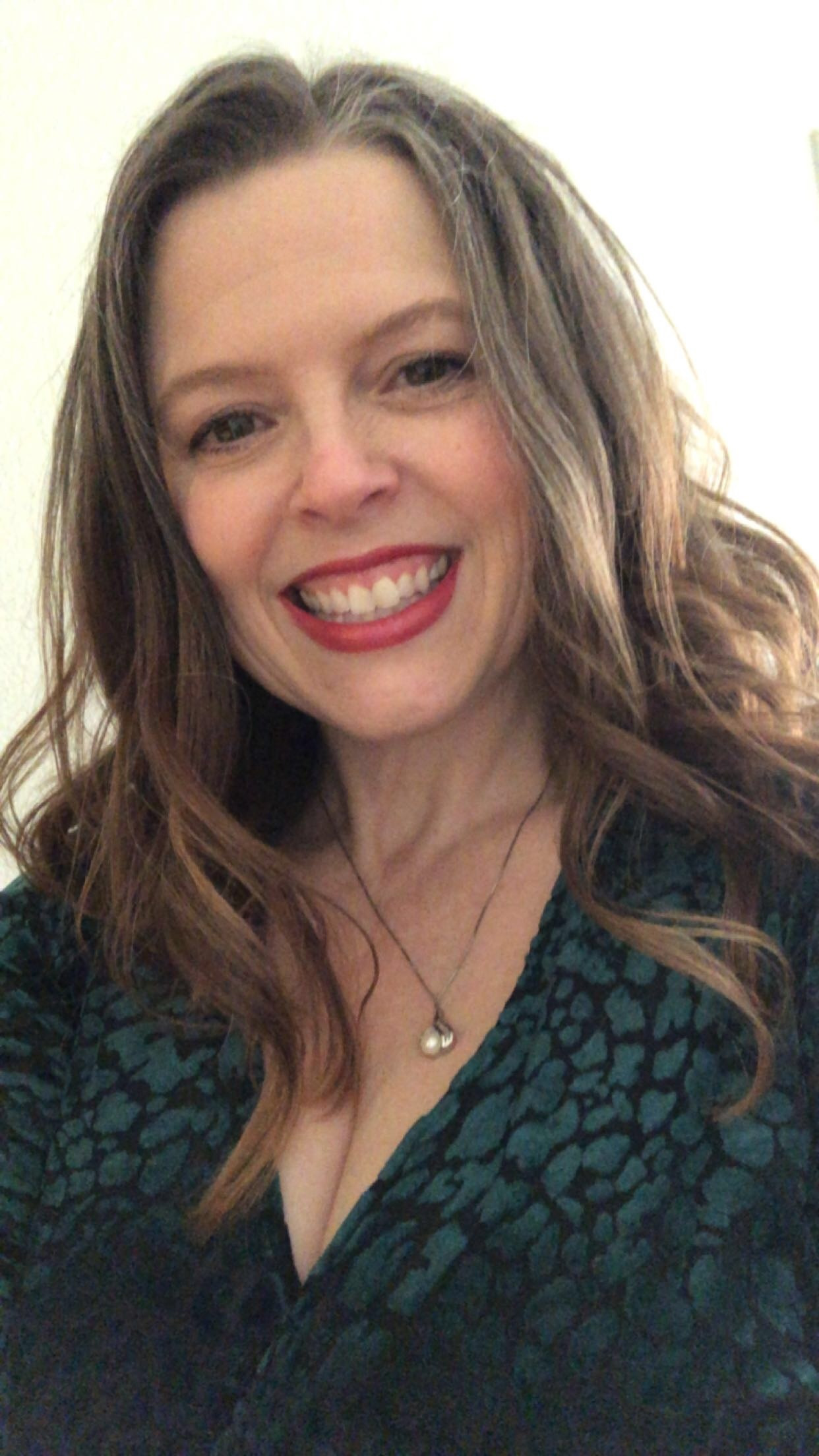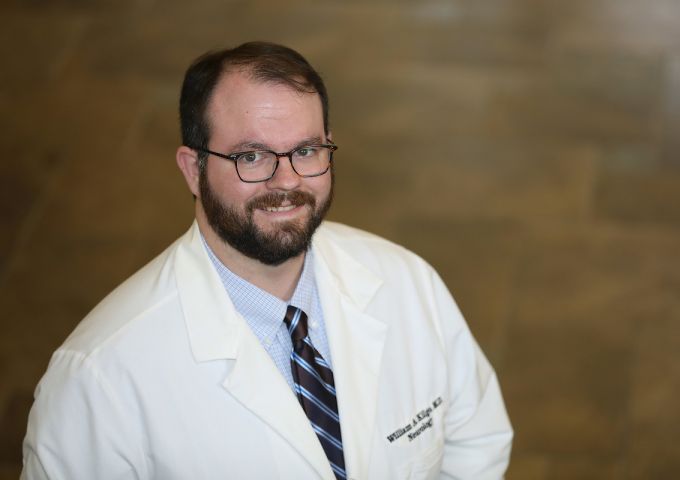
Cervical cancer survivor urges women to “prioritize your health”
“I want women to know that self-care is more than a massage day or a rest day. Self-care is about going to those really hard appointments that are uncomfortable, like your gynecology exams.”
By Carol McPhail
[email protected]
In October 2022, Dani Pendleton Odom, 48, was diagnosed with invasive cervical cancer, joining about 14,000 women in the United States who received the same diagnosis that year.

Fortunately, the Mobile resident’s cancer was detected at an early stage. She was referred to the USA Health Mitchell Cancer Institute and underwent surgery, chemotherapy and radiation treatments.
“I’m on the cusp of being one year post-treatment and about five months in remission,” said Odom, who works in recruiting as a talent partner at AM/NS Calvert, north of Mobile.
January is cervical cancer awareness month, when oncologists, cancer survivors and their supporters work to raise awareness about the disease and the importance of prevention and screening. On Friday, January 19, the Mobile skyline was lit in teal in recognition of cervical cancer awareness, an initiative of the Mitchell Cancer Institute, which has the only gynecologic oncology group in the Mobile area.
“Our message is that cervical cancer kills thousands of women every year, but it can be prevented,” said Jennifer Young Pierce, M.D., M.P.H., FACOG, a gynecologic oncologist and director of the Division of Cancer Control and Prevention at the Mitchell Cancer Institute. “We have to make sure our adolescents are vaccinated against HPV and that we are getting the screening tests recommended by our doctors and following up on those results.”
Cervical cancer is most frequently diagnosed in women between the ages of 35 and 44. It is more treatable if detected early, but women with early cervical cancers and pre-cancers typically have no symptoms.
That’s why screening tests and prevention are so important, Pierce said.
Screening involves a pap test and a test for the human papillomavirus (HPV), which is responsible for 99 out of 100 cervical cancer cases. Vaccination against HPV prevents cancers later in life, and is recommended for adolescent boys and girls, adults up to age 26 and those at high risk up to age 45.
On a recent Wednesday, Odom dressed in teal and white to show her support for cervical cancer awareness. “I want women to know that self-care is more than a massage day or a rest day. Self-care is about going to those really hard appointments that are uncomfortable, like your gynecology exams,” she said. “You have to prioritize your health.”
As she navigates life as a cancer survivor, Odom also draws strength from the Sisterhood of Survivorship, a local GYN cancer support group that meets at noon on the first Tuesday of each month at the Mitchell Cancer Institute. She also is active in Cervivor, a national nonprofit that brings cervical cancer survivors together and provides resources.
“Through this journey, I have also received mental health support from so many people, such as my family and friends,” she said. “But you also need a community that understands what you’re going through. You need a support system.”
Find out more information about cervical cancer and the Mitchell Cancer Institute’s GO Teal and White campaign.
About the USA Health Mitchell Cancer Institute
The USA Health Mitchell Cancer Institute stands as the only academic cancer treatment and research facility along the upper Gulf Coast. Continuous research and technological advancements keep the MCI at the forefront of cancer treatment and outcomes. Providers and staff are dedicated to bringing the most advanced care to people in the region, including having available clinical trials that are the steppingstones to widespread treatment options.




